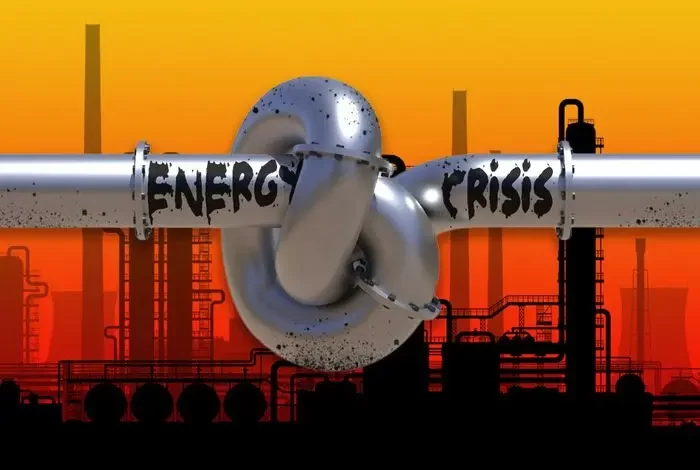Averting future energy crisis

Energy crisis, In the last four odd weeks, Nigerians have been subjected to untold hardship on account of a scarcity of petroleum and its allied products.
Fuel queues suddenly returned across the country. Prices galloped. Amid the confusion, the President travelled to Europe on medical vacation.
Nothing, it seems ruffles Nigerians any longer. The fuel and energy crisis is damaging to the economy. The government no longer seems to have a solution to this recurring problem. Various reasons – most of which can be regarded as being parsimonious with the truth – have been adduced as causes for this sad situation.
These include hoarding by distributors, lack of turnaround maintenance of the refineries, smuggling of fuel products to neighbouring countries, under-pricing of the product, panic buying etc, The Trumpet gathered.
The current APC-led government of President Muhammadu Buhari had made the decay in the oil sector a campaign issue. They promised to solve the problem within six months if elected to office.
Read Also: Dates: Amazing Healthy benefits
Another election year (2023) is around the corner. It will be a miracle if this government can solve the problem before bowing out of the scene.
In Buhari, Nigeria supposedly has an experienced hand handling the petroleum and oil sector. He once served as the Chairman of the Petroleum Trust Fund (PTF) set up by the late General Sani Abacha to expend revenue generated by the increase in oil products by that government.
He is currently doubling as the President of Nigeria and the Minister of Petroleum. Given his anti-graft fight mantra Nigerians thought corruption in the oil and energy sectors would be consigned to history. Sadly, today, the country can be said to be in a worse state than before.
There is an astronomical increase in the pump price of fuel whether for industrial, transportation, aviation, or domestic use. The products are also short in supply. Those managing the affairs of our oil and the energy sector must first and foremost be patriotic, morally upright, and knowledgedriven people. The huge corruption that has bedevilled the two sectors is better imagined.
‘Turn Around Maintenance,’ and ‘Fuel Subsidy’ are modern Nigerian lexicons for corruption and organised thieving of our common good. Never has Nigeria witnessed such a high level of crude oil theft as being currently reported judging by NEITI report in 2021 in which the organisation asserted that ‘Nigeria lost 42.25 million barrels of crude oil to oil theft, valued at $2.77 billion’.
CEO of Seplat Petroleum Development Company Austin Avuru recently averred that ‘80% of oil production doesn’t make it to the terminals due to oil theft’. Also, Nigeria keeps four refineries that employ, pay and promote non-oil producing staffers.
Since 1999, that is the commencement of the Third Republic, Nigeria has had ample time to build at least a new refinery from the scratch. All the Joint Ventures entered by the Federal Government with a few multinationals in this sector – especially in the liquefied oil segment – are not only opaque, they also do not cover refining other related petroleum products.
The various state governments in the country, especially the oil-bearing ones have also failed to take advantage of partnering with the private sector to build refineries. By their short-sightedness they have denied themselves added revenues as well as employment opportunities for citizens. Illegal refineries govern the field. In clear terms those at the helm of affairs of this nation have failed to deliver the common good. They lack the will and zeal to promote the common good.
Their experience has proven to be inadequate to proffering any solution to the problems of our fuel and energy crises. This is damaging to our livelihood and economy. The public and private sectors, production firms and families are all being choked and strangulated because of the failures being experienced in our fuel production and energy delivery.
This must stop! Now is the time to engage our engineers and experts, especially from our universities to examine the problems of our oil production. Now is the time to commence building new refineries. Modular refineries should be encouraged. Private sector initiatives should also be promoted by governments at all levels.
A timeline should be given in which Nigeria must stop importation of refined petroleum and allied products. It is a national embarrassment which also has debilitating effects on the economy. Until local refineries produce sufficient PMS and AGO for local consumption, the country will remain prostrate, tied to the vagaries of the international market and the greed of profiteering marketers.




